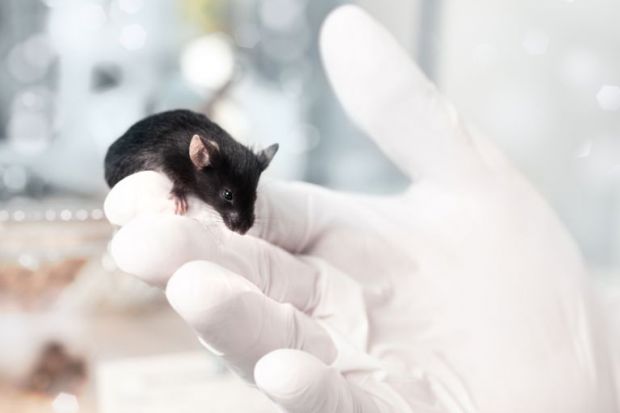German politicians will hurt research if they set a deadline for ending the use of animals in experiments, according to the country’s top funder.
The German Research Foundation (DFG) has said there is “no framework for a short-term or time-specific exit” from animal research “that does not endanger Germany’s science and innovative strength”.
A DFG commission made up of staff from university hospitals, research institutes and universities said the desire to set a deadline to replace animals was based on “fundamental misjudgements” about how research works and the importance of having a range of methods available.
The group contradicted the Federal Institute for Risk Assessment, a public body that is among the organisations that have linked recent declines in animal experiments to better welfare. The German Centre for the Protection of Laboratory Animals, a part of the institute, reported last year that the number of test animals used in Germany fell by about 14 per cent in 2020 compared with the previous year.
“Decreasing numbers of laboratory animals are seen as an improvement in animal welfare and vice versa. From the point of view of scientific community, this view falls short and is incorrect. The mere numbers say nothing about the quality of animal protection and animal welfare within the research projects carried out,” the DFG group said in its report.
“In biomedical research, animal experiments are still of great importance,” said Brigitte Vollmar, professor of experimental surgery at the University of Rostock and chair of the DFG commission.
She said in a statement that the group had sought to weigh in on the “ongoing public and political discussion” on animal experiments “from a scientific perspective”. The funder said it was pushing back on an overemphasis on replacement over the refinement and reduction of animal use.
Public opinion polls have shown widespread opposition to the use of animals on research in Germany.
The issue rose to public attention in 2014, when researcher Nikos Logothetis, then at the Max Planck Institute for Biological Cybernetics, was accused of animal welfare violations, an allegation that was later rejected by the courts.
In neighbouring Switzerland, a February referendum banning animal testing was rejected by 79 per cent of voters, although supporters have said they will try again before the end of the year.




